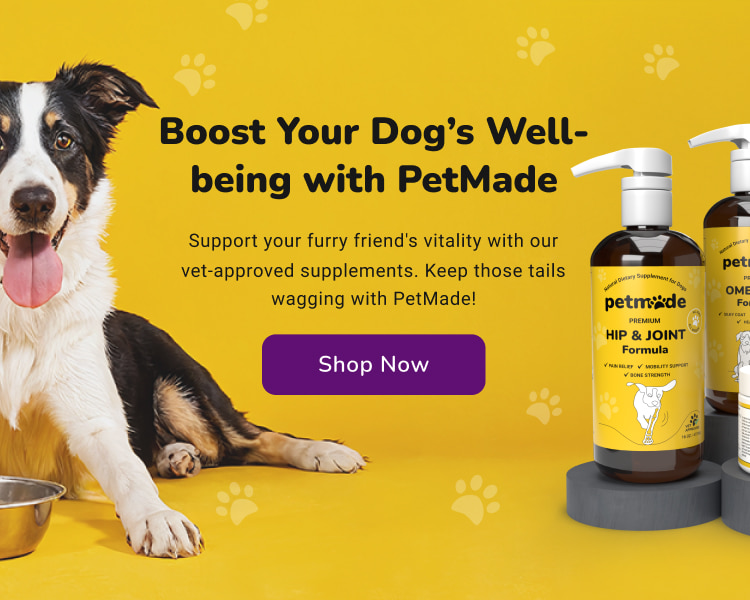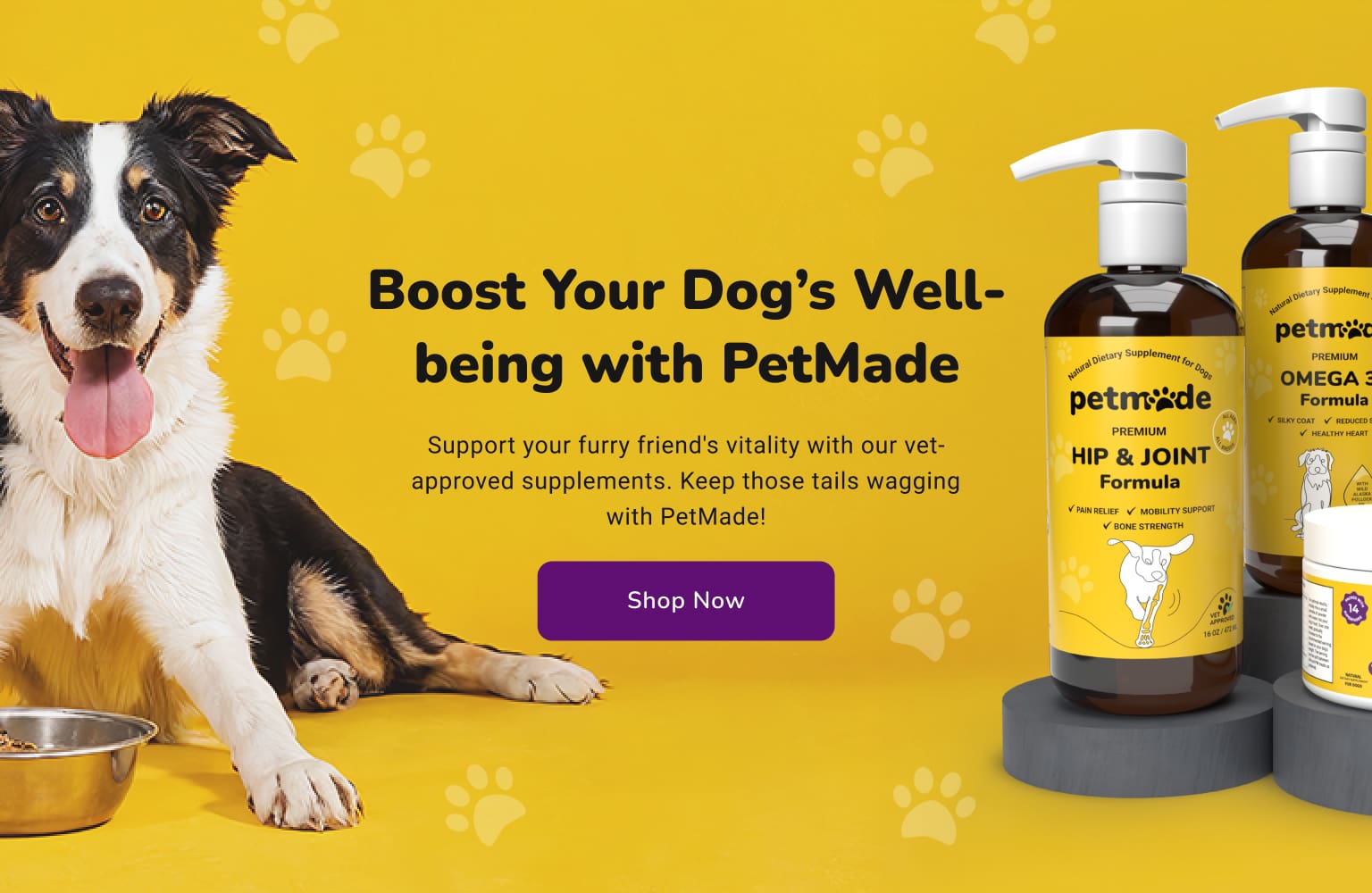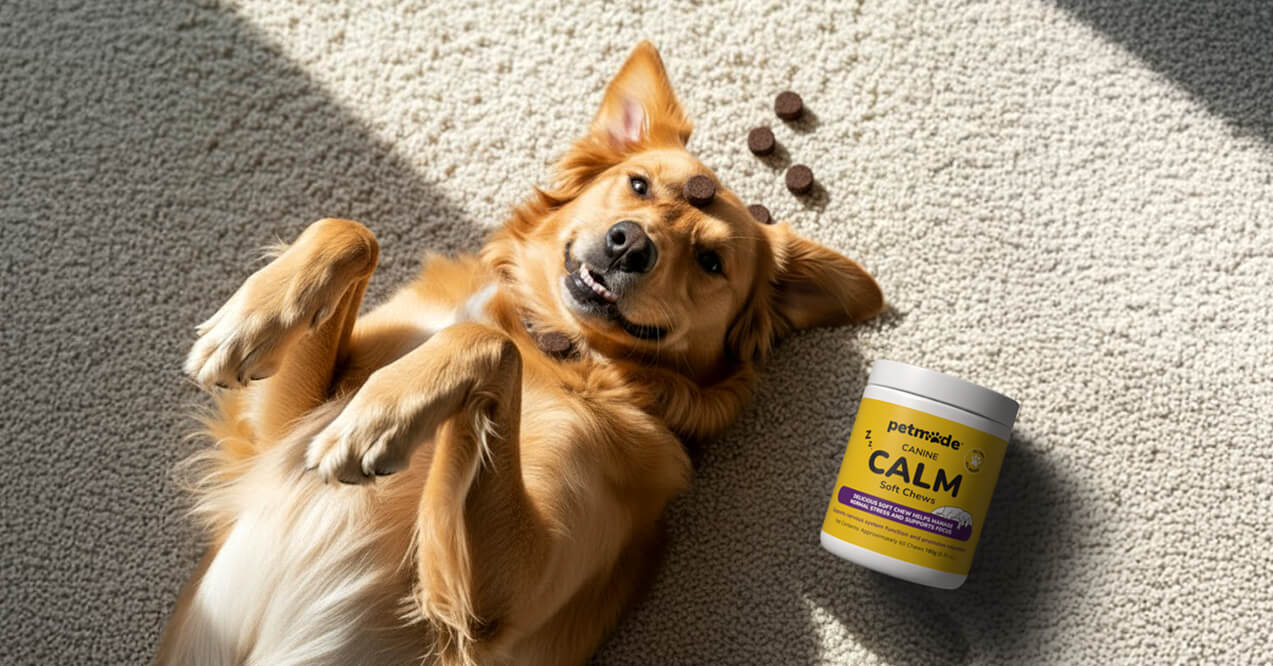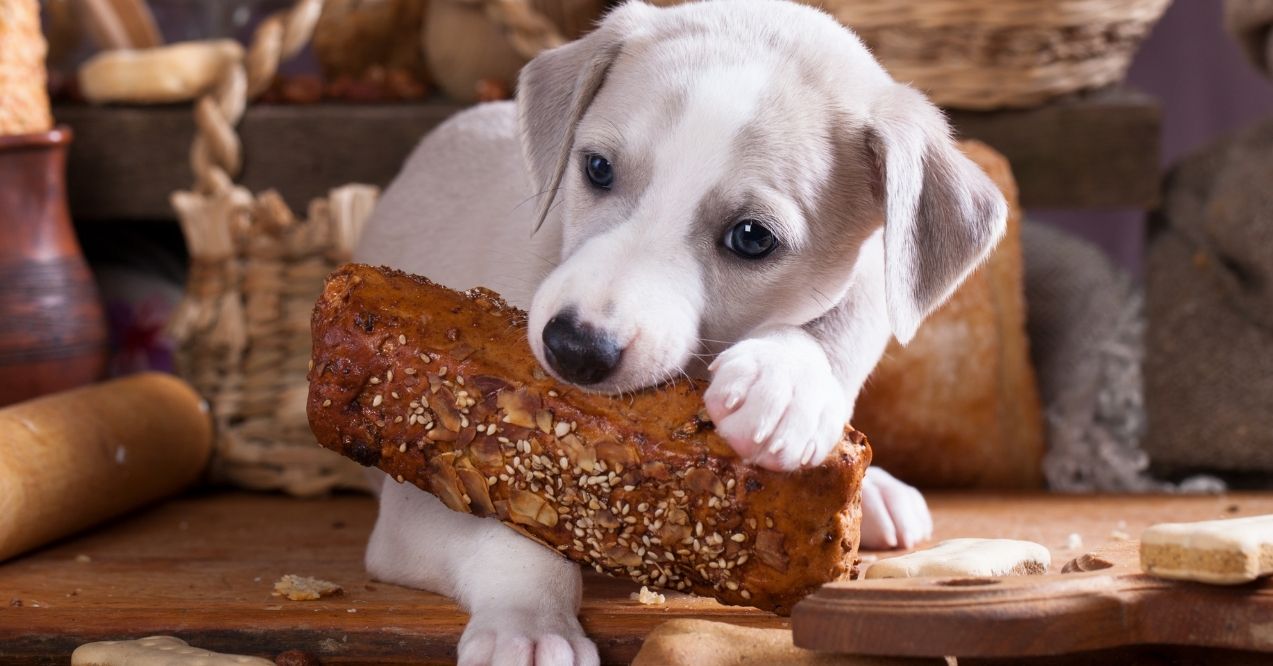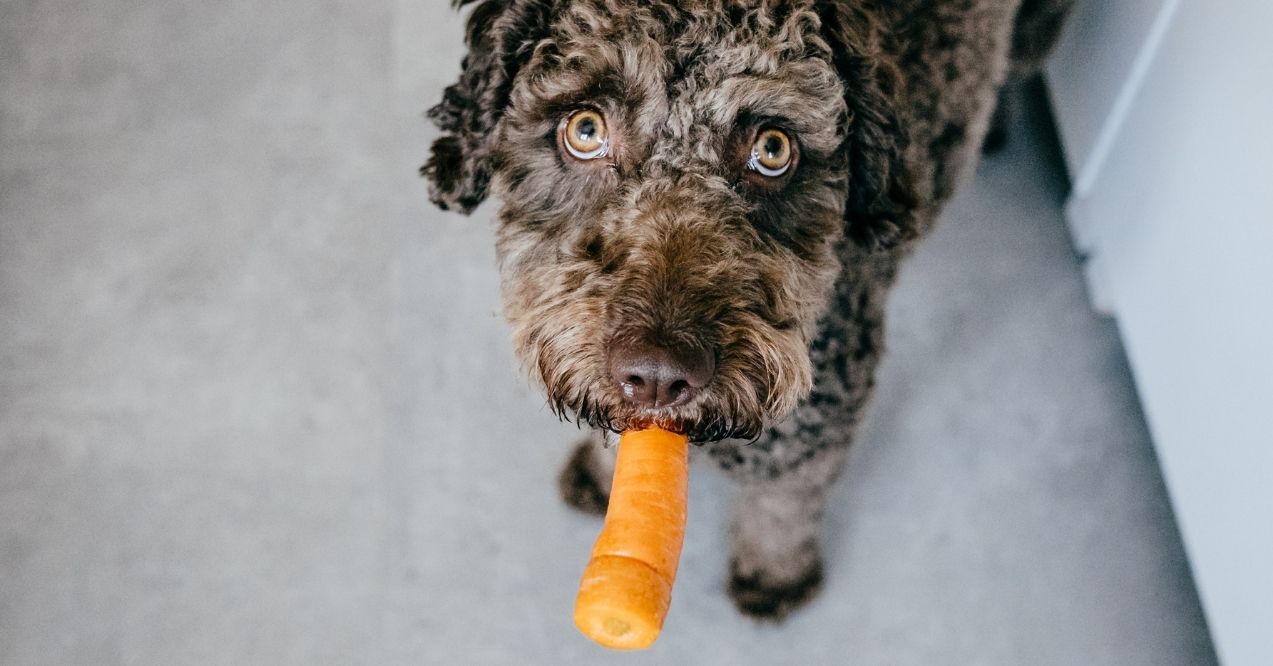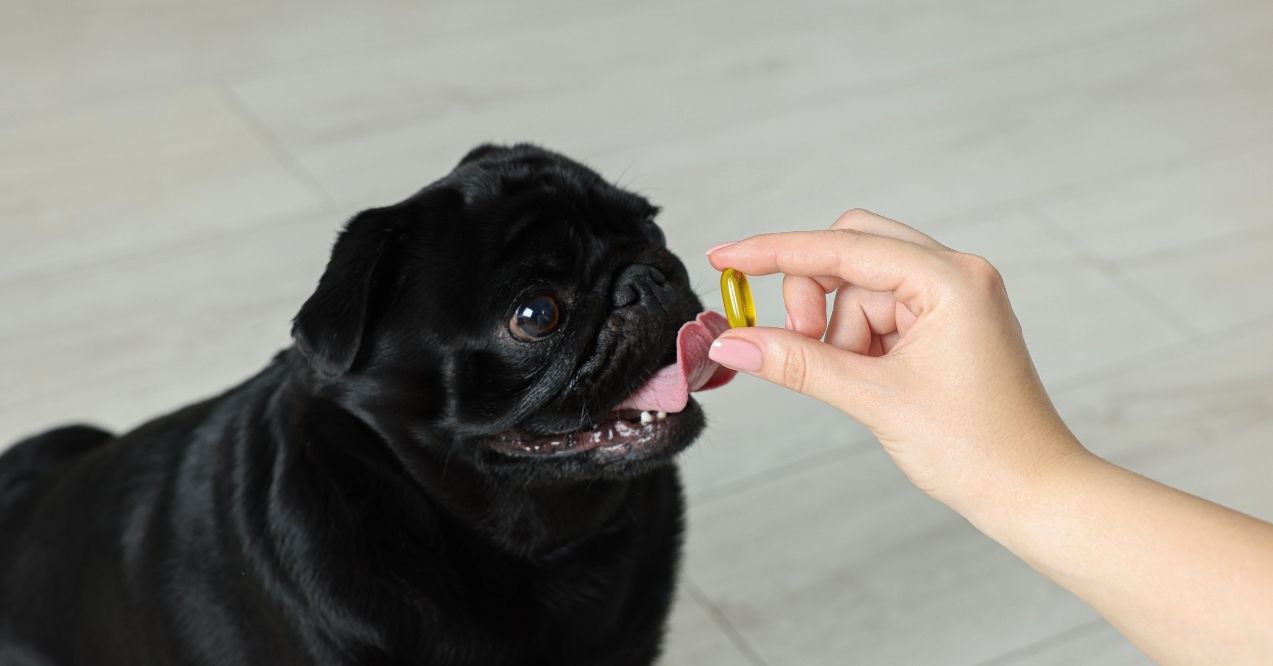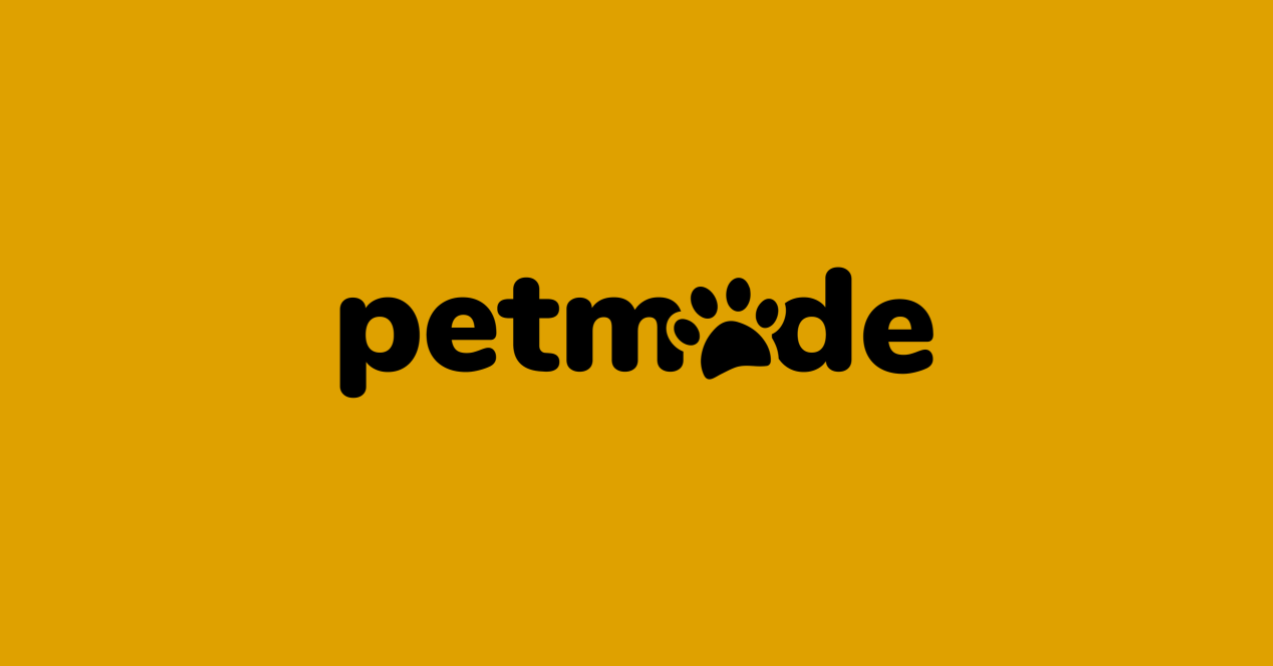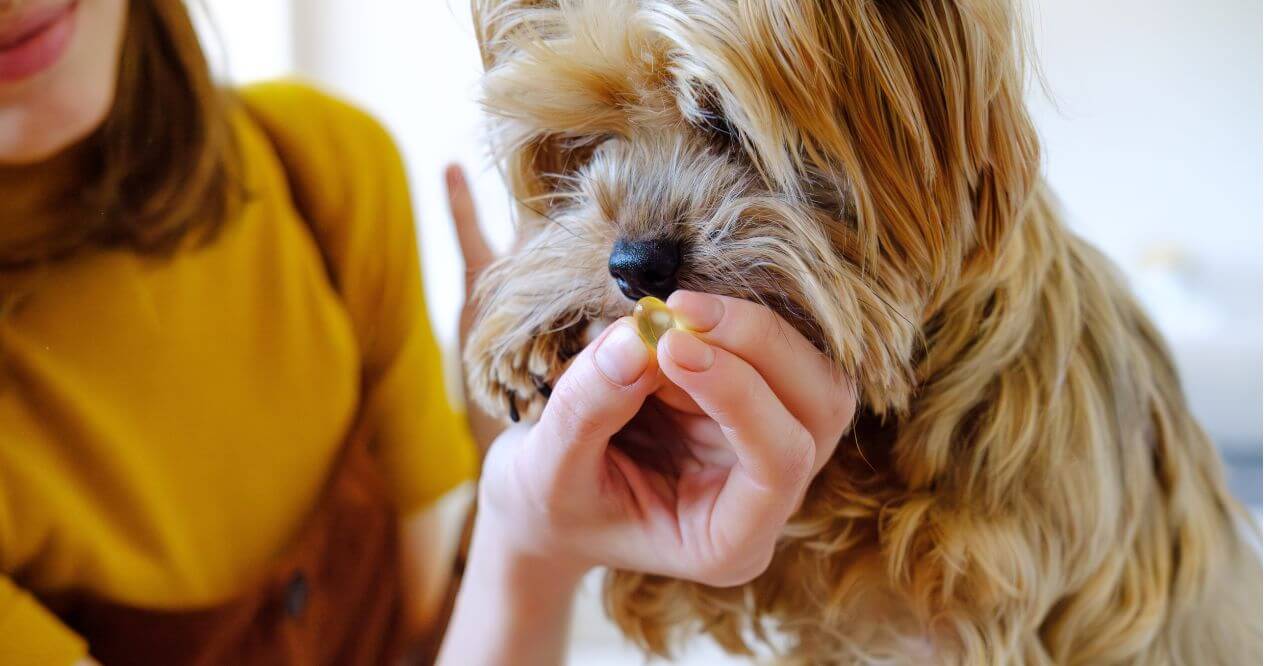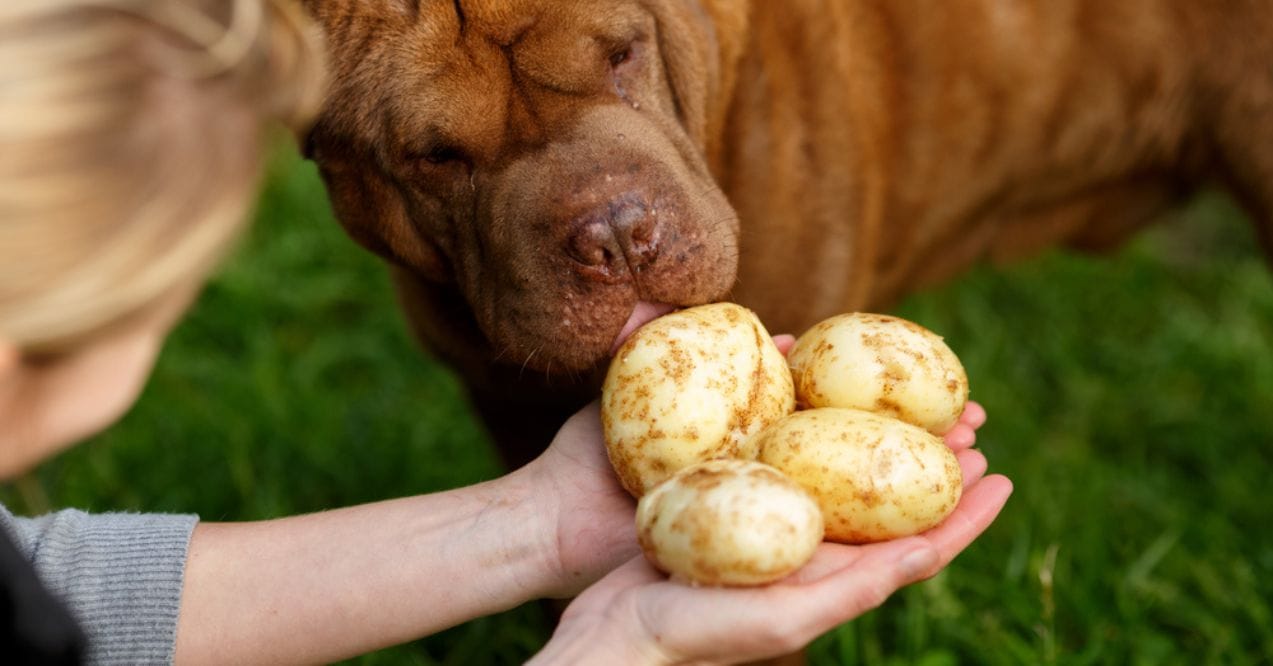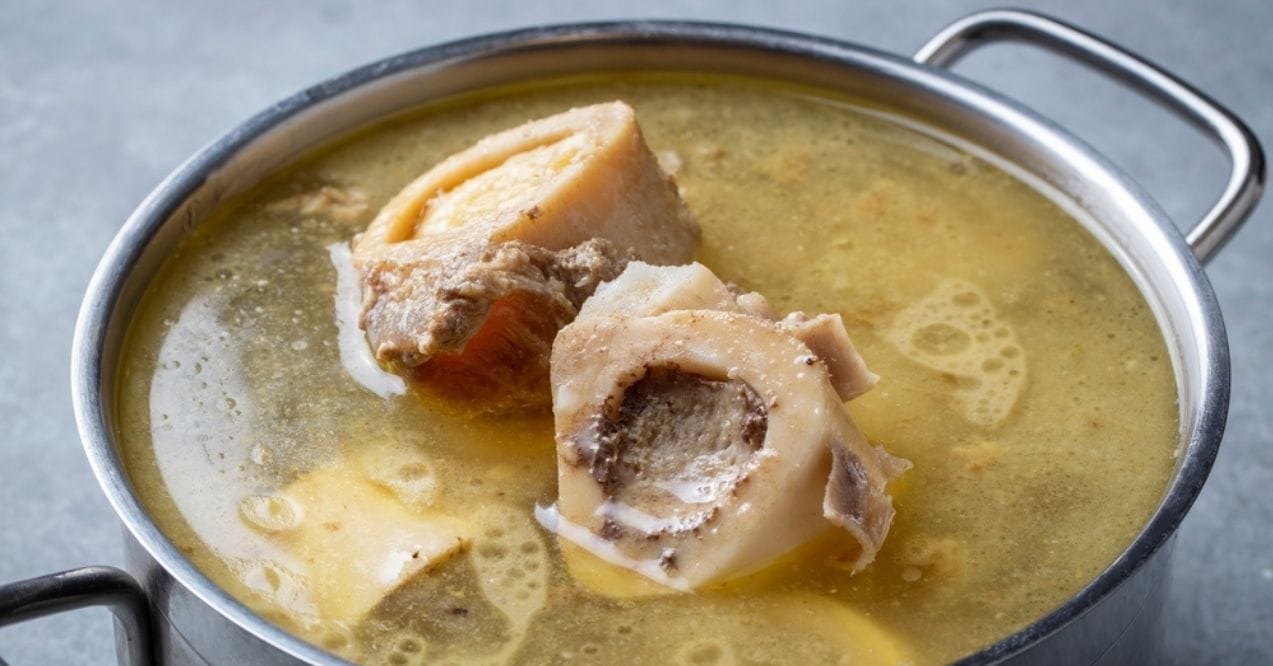Can Dogs Eat Baby Food?
Can dogs eat baby food? It’s a question that might catch you off guard, but in certain unexpected scenarios, baby food could be a lifesaver for your furry friend. While the idea of feeding your pup food meant for human infants might seem unconventional, it’s a topic that’s stirred up quite a bit of discussion among pet owners and experts alike. The short answer is yes, dogs can eat some types of baby food, but it’s not as simple as opening a jar and serving it up. Let’s dive into the meaty details of this intriguing canine cuisine question.
Differences Between Dogs and Baby Food
When it comes to digestion, dogs and human babies have some surprising similarities. Both have relatively simple digestive systems that can handle soft, easily digestible foods. This is why some baby foods can be suitable for dogs in certain situations.
However, there are key differences to consider:
- Nutrient requirements – Dogs need a higher protein content and different vitamin and mineral ratios than human infants.
- Taste preferences – Dogs have a more developed sense of smell and different taste preferences compared to babies.
- Digestive enzymes – Dogs produce different digestive enzymes, allowing them to process certain foods that babies can’t.
While some baby foods are easily digestible for dogs, they often lack the complete nutritional profile that adult dogs require. This means that while baby food can be a temporary option, it shouldn’t be relied upon for long-term feeding.
Can Dogs Eat Baby Food?

Yes, dogs can eat some types of baby food, but it’s essential to understand the limitations. Baby food should never be a regular part of your dog’s diet. Instead, it’s best reserved for specific situations where your pup might need extra encouragement to eat or they have an upset stomach.
When choosing baby food for your dog, opt for plain, single-ingredient purées without any additives. These are the safest options and least likely to cause digestive upset. Baby food is a temporary option and should not replace a balanced, nutritionally complete dog food diet.
Is Baby Food Good for Dogs?
While baby food isn’t inherently “good” for dogs in the sense that it meets all their nutritional needs, it can be beneficial in certain situations. Let’s explore when baby food might be a helpful option for your furry friend:
Emergency Health Situations
- Post-surgical recovery – After surgery, dogs may have a decreased appetite. The smooth texture and mild flavor of baby food can encourage eating.
- Severe gastrointestinal distress – Plain meat or vegetable baby food can be gentle on a dog’s upset stomach, providing necessary nutrients without further irritation.
Long-Term Health Issues
- Managing symptoms – For dogs with certain ongoing health concerns, baby food may be a way to ensure they’re getting some nutrition when appetite is low.
- Supporting seniors – Older dogs with dental issues or decreased appetite might find baby food more appealing and easier to eat than their regular food.
Eating Behavior Problems
- Extreme food aversions –If your dog suddenly refuses to eat their regular food, offering baby food as a temporary alternative might prevent nutritional deficits.
- Transitioning foods – Baby food can be used to help transition picky eaters to new diets by mixing it with their regular food.
Types of Baby Food That Are Safe for Dogs
When selecting baby food for your dog always check the ingredient list for foods that dogs can’t eat. Focus on simple, single-ingredient options:
- Meat purées – Plain chicken, turkey, or beef baby foods are excellent protein sources.
- Vegetable purées – Sweet potato and pumpkin are safe and can help with digestive issues.
- Fruit purées – While safe in moderation, fruit-based baby foods should be given sparingly due to their sugar content.
- Grain-based baby foods – These can be appropriate for dogs not on grain-free diets, but always check the ingredients list.
Always avoid baby foods containing onion, garlic, or artificial sweeteners, as these can be harmful to dogs.
The Do’s and Don’ts of Choosing Baby Food
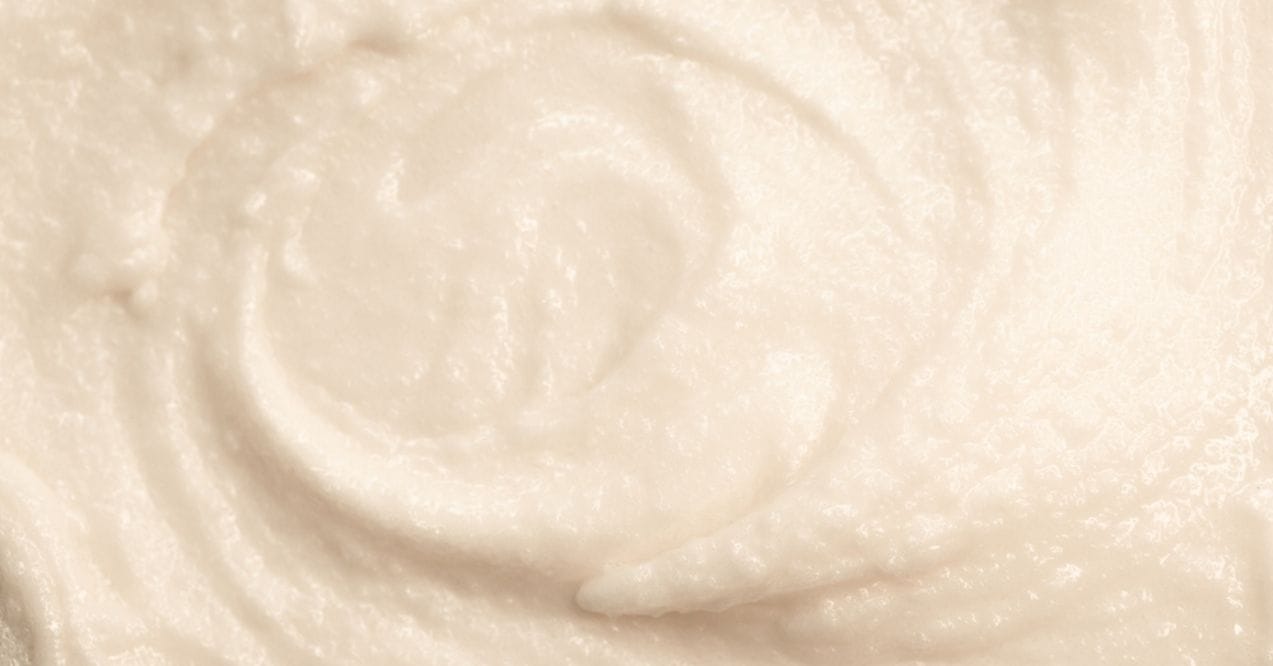
Do:
- Choose single-ingredient purées
- Opt for meat-based baby foods for protein
- Select vegetable options like sweet potato or pumpkin
- Read labels carefully
Don’t:
- Use baby foods with added sugars or salt
- Choose varieties with onion or garlic powder
- Rely on fruit-based baby foods as a primary option
- Assume all baby foods are safe for dogs
When in doubt, consult with a veterinary nutritionist. They can provide insights into the best options for your dog’s specific needs and help navigate conflicting opinions in the pet health community.
DIY Dog-Safe Recipes
Creating your own dog-safe purées at home can be a great alternative to commercial baby food for dogs. Here are some simple recipes:
- Chicken and Rice Purée
- Cook boneless, skinless chicken breast
- Prepare plain white rice
- Blend together with a bit of water for desired consistency
- Sweet Potato Mash
- Bake a sweet potato until soft
- Mash and add a small amount of water if needed
- Pumpkin and Turkey Blend
- Cook plain ground turkey
- Mix with canned pure pumpkin (not pie filling)
- Blend for a smooth consistency
Always store homemade purées in the refrigerator and use within 3-4 days. Adjust ingredients based on any known allergies or sensitivities your dog may have.
Conclusion
While dogs can eat certain types of baby food, it should be a temporary option, not a long-term feeding strategy. Baby food can be a helpful tool in specific situations, such as recovery from illness or when dealing with appetite issues. However, it’s essential to choose the right types of baby food and to use them in moderation.
Always prioritize a balanced, nutritionally complete diet designed specifically for dogs. If you’re considering using baby food for your pup, it’s best to consult with your veterinarian first. They can provide guidance tailored to your dog’s individual needs and help ensure that you’re making the best choices for your furry friend’s health and well-being.
Is baby food good for dogs? In certain situations, yes, but it’s not a substitute for a proper canine diet. With the right approach, baby food can be a useful tool in your pet care arsenal.
Most plain, single-ingredient baby foods are generally safe for all dog breeds. However, always check ingredients and avoid those with harmful additives. Each dog’s nutritional needs and sensitivities can vary, so consult your vet for personalized advice.
Baby food should be given in small amounts, typically no more than 2-3 tablespoons per 20 pounds of body weight daily. Use it as a supplement or temporary meal replacement, not as a long-term diet. Adjust portions based on your dog’s size and needs.
Puppies can eat baby food in moderation, but it shouldn’t replace their specially formulated puppy food. Use it sparingly as a treat or to encourage eating during illness. Always choose plain, meat-based options and avoid those with added sugars or harmful ingredients.
Advertisement. This site offers health, wellness, fitness and nutritional information and is designed for educational purposes only. You should not rely on this information as a substitute for, nor does it replace, professional medical advice, diagnosis, or treatment. If you have any concerns or questions about your health, you should always consult with a physician or other health-care professional. Do not disregard, avoid or delay obtaining medical or health related advice from your health-care professional because of something you may have read on this site. The use of any information provided on this site is solely at your own risk.

